Story Movie
![Wonder Woman 4K 1984 2020 IMAX Ultra HD 2160p]()
1984 year. Diana is still sad for the deceased Steve, fights petty crime and works at the Smithsonian Museum. One day she meets a new colleague Barbara, a generalist who is tasked with studying new artifacts. Among the ancient objects is a mysterious crystal that grants wishes. So Steve suddenly returns to Diana, and the shy and clumsy Barbara gains incredible strength, dexterity and attractiveness. But businessman Maxwell Lord is hunting for the magic crystal, and he has very insidious plans for this artifact.
Review 4K Movie
Patty Jenkins' sequel to Wonder Women is largely a work on the mistakes of the first part. The second film is less monotonous in terms of the picture, it has much more vivid and memorable characters, and Pedro Pascal, who plays the central antagonist, is the main highlight of the tape. Jenkins got rid of the mountain of pathos that was in excess in the first tape, made the story easier, imitating the spirit of the light adventure tapes of the mid-80s - stupid, colorful and charming in its own way. However, despite all of the above, the sequel, like the first film, still lacks competent work with characters, dialogues and staging of action.
The second picture takes the viewer straight from the fields of the First World War into the funny, caricature and very fabulous 80s with all its attributes, so familiar to everyone who has watched at least one film in which that era was reconstructed. The heroine Gal Gadot no longer feels superfluous in this world - she has adapted to it, successfully leading a double life. During the day she is an intelligent, purposeful and charming woman with goals and ambitions, at night she is a heroine, saving the weak, pacifying the strong. But Jenkins adds another trait to his character, namely, the director makes Wonder Woman vulnerable. Outside, she remains the strongest woman on the planet, but inside - she is torn apart due to the loss of a loved one.
Jenkins made Diana Prince a more human character compared to the first tape. Zach Snyder never delved into the inner world of the character, since this task should lie on the shoulders of a solo film. And that's exactly what the sequel does best: Diana loved once. The heroine Gal Gadot fell in love with the simple pilot Steve Trevor (Chris Pine) in the first film and his heroic self-sacrifice runs through the whole film. “I will save these people, you will save this world” - and in this phrase there is not a word about Diana herself. The director created a certain contrast: Diana is both the strongest woman in history and a very weak person who lacks human warmth by her side.
Diana wants only one thing: to touch Steve again, to hear his voice. And in order to start the emotional swing of the heroine, Jenkins introduces a very lazy, but effective McGuffin into history. The whole plot revolves around the 'stone of infinity', without which, nowadays, in superhero cinema, nothing happens without space / magical artifacts. All the characters of the tape are chasing a certain Stone of Desires, capable of fulfilling only one cherished request, taking something from a person in return (this detail is not immediately discussed). Diana, as it is not difficult to guess, asks to return Steve, and in return, the stone takes the heroine's strength, gradually turning her into an ordinary person.
Yes, viewers have seen a similar plot with a vulnerable superhero more than once or twice. And the sequel to "Wonder Woman" in this regard can not offer anything new. Monomyth about the painful hero in the hands of Patty Jenkins has nothing fresh to offer. As Batman said in Snyder's film, "Can you bleed?" It is the blood of her heroine Jenkins that sheds, making her physically weaker, but stronger internally during the plot. But is it interesting for everyone to observe - a good question. The main problem with the sequel is that it will be unnecessarily delayed. You can cut out a whole series of scenes from it, this will not affect the main plot in any way, but the timing, already bloated for such a film, will be reduced.
Plus, Jenkins is still not a visionary and she is not capable of, like Snyder, based on a weak script, creating epic scenes from which the viewer would fall to the floor in the cinema. The action scenes are the most saggy part of Wonder Woman II. First, they are too computerized. Computerized so much that in places the film even resembles a low-grade Bollywood movie. The only thing missing is songs every five minutes, which, most likely, would somehow save the situation, distracting the viewer's attention from poor work with the chroma key. Secondly, Jenkins has nothing interesting to offer neither in terms of working with the camera, nor in terms of staging or concept - the action scenes are simply boring to watch.
There is a simple explanation for this: Patty Jenkins was clearly not particularly fond of these scenes herself, having made them carelessly as a result. The director really cares about the characters and their internal conflicts, and the tragedies on which the script is based. Jenkins builds all conflicts around one idea, telling stories of people who dreamed about something, wanted to achieve something, drew their worlds in their heads, but the harsh real world crossed out everything that a person could dream of. Therefore, all the characters are chasing the Stone of Desires, since everyone has been dreaming about something since childhood.
The most striking character in this regard is Max Lord (Pedro Pascal) - an oil showman, whose hands all fall out of hand. Pascal plays not so much an antagonist as an antihero with a very clichéd, but effective story within the plot. It is really interesting to watch him, since the viewer understands not only why and why the villain does certain actions, but also sees in him a confused person, like Diana herself, who needs help. Yes, and Pascal himself plays his character so expressively and sensually that by the end it is hardly possible not to feel the character's tragedy - the director chose the tragedy too familiar to millions for the hero.
In general, "Wonder Woman: 1984" is a typical summer blockbuster, which should have been released in the summer, if not for the closed cinemas due to Covid-19. To many, the film may seem too naive and fabulously glossy, in which a New Year's miracle literally happens. But all this ease goes to Patty Jenkins' painting only on hand. The first tape was too serious, too pretentious and tried to be bigger than it really is. The sequel is stupid, colorful and in places very, very funny. And he does not try to seem like something else, remaining himself: a banal blockbuster, which are enough without him, but Jenkins' film works out the entertainment function with a bang.
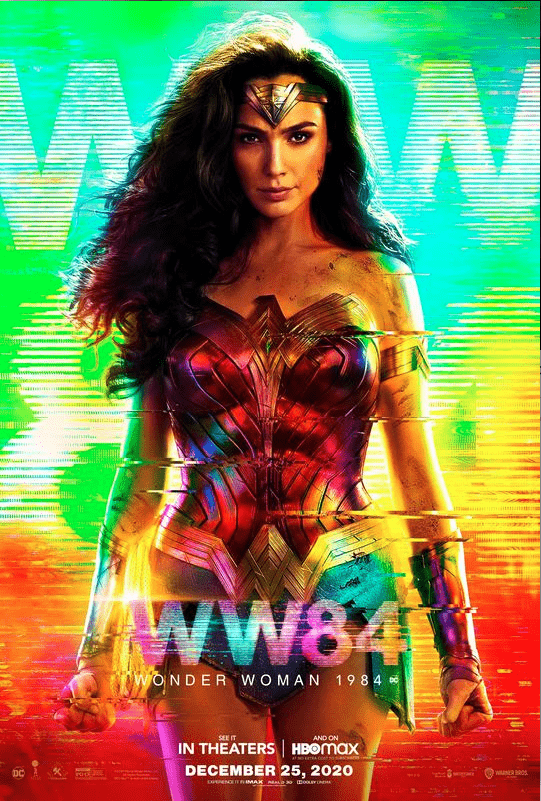

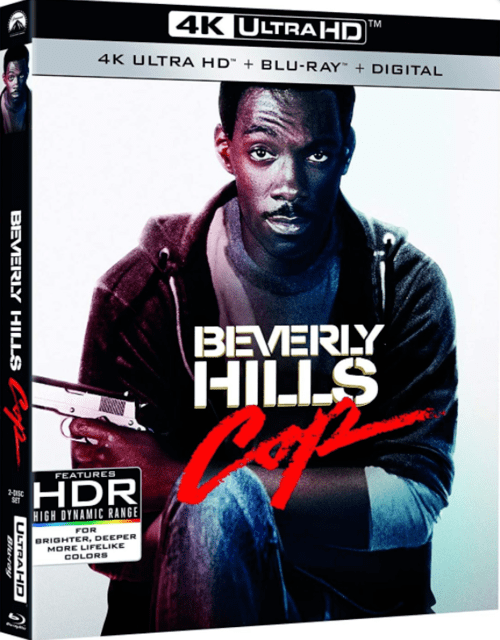 [/full-link]
[/full-link]
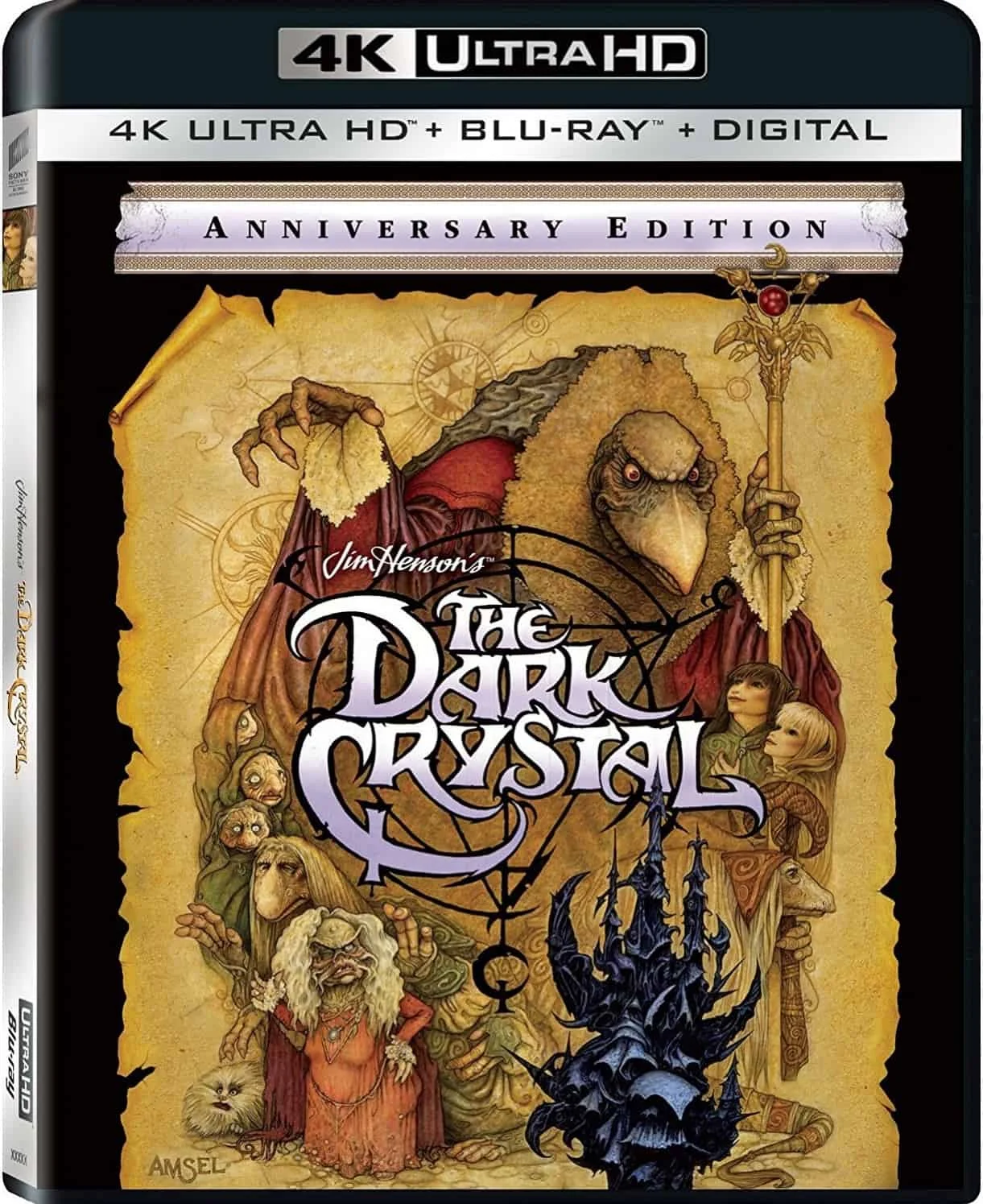
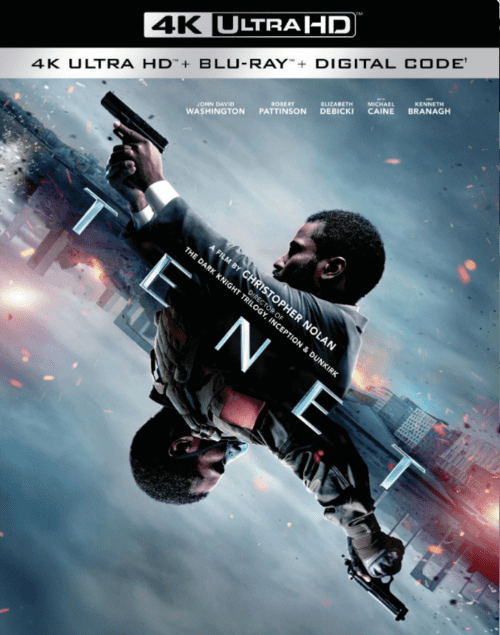 [/full-link]
[/full-link]
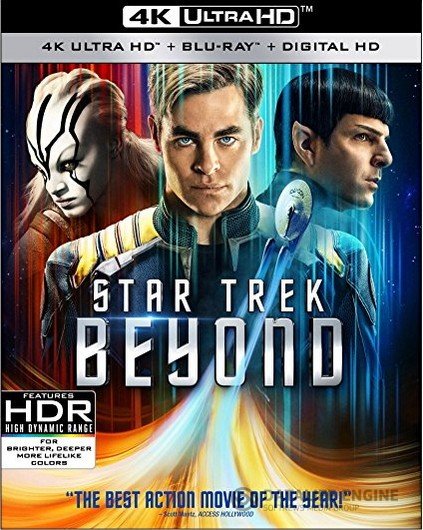 [/full-link]
[/full-link]
